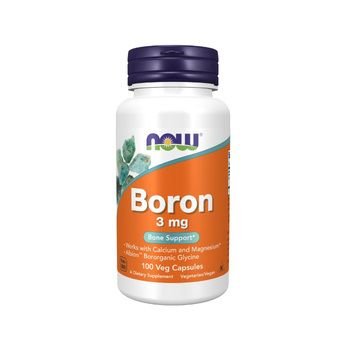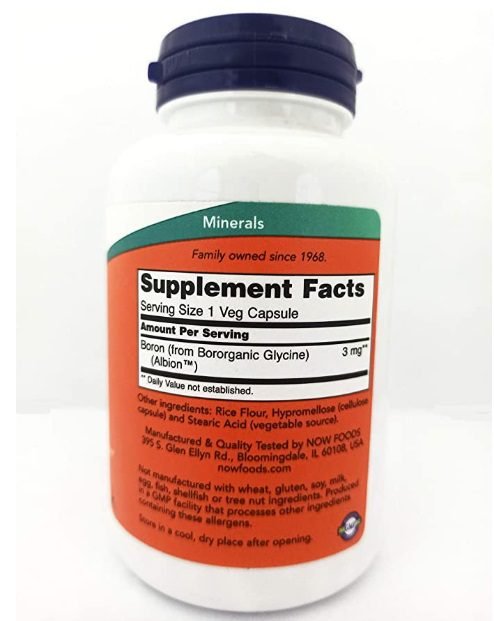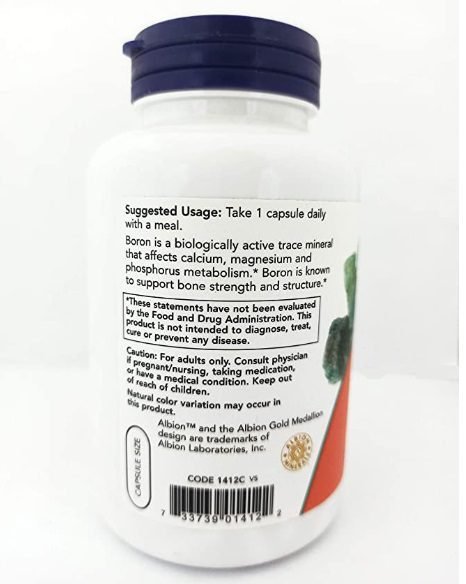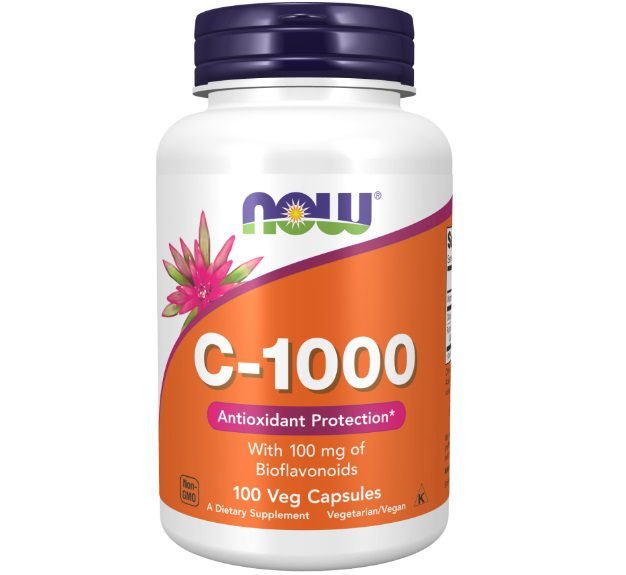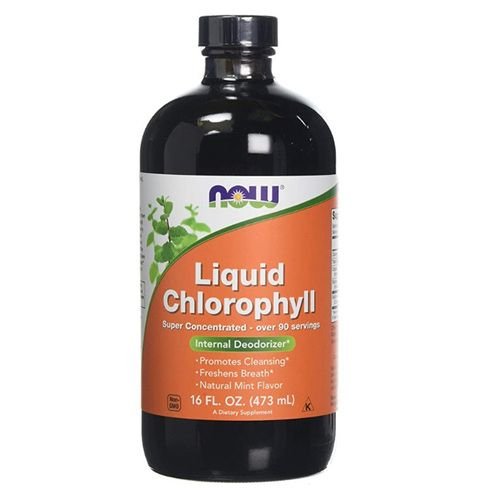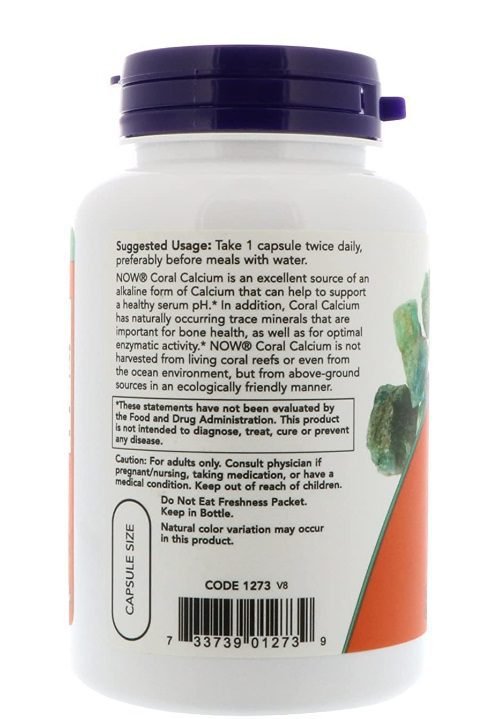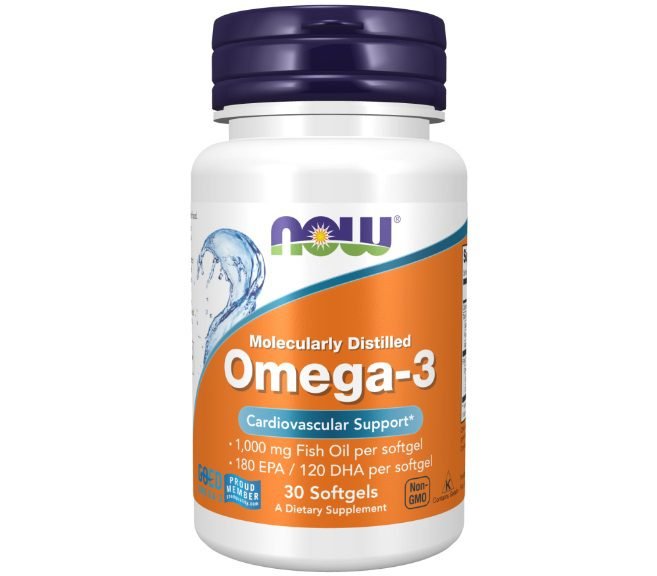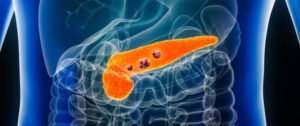
Cancer Vaccines – Help the Immune System Identify and Destroy Cancer Cells
What are cancer vaccines?
Cancer Research UK pointed out that vaccines can be said to be harmless versions of “diseases” that can help protect people from being infected or attacked by diseases. In other words, vaccines will not cause diseases. However, when it comes to cancer vaccines, research in this field is still in its early stages, and most available cancer vaccines are still in clinical trials.General Vaccines vs Cancer Vaccines
Our immune system is a protective web of organs, cells and proteins designed to keep the body safe from “invaders”. Not only that, but the immune system also fights cells in the body that have changed due to disease, such as cancer. White blood cells are responsible for finding these pathogens and destroying them. They then produce antibodies, which are proteins in the body that help fight infection. Generally speaking, if the human body is invaded by “foreigners”, the immune system automatically eliminates them, such as infection. The general vaccine is to help the immune system recognize these “foreigners” that may invade the human body in advance to avoid infection. . Once a germ invades the body, the immune system can quickly identify the germ, and with the presence of antibodies against the germ in the body, the infection can be eliminated quickly. However, tumors are cell lesions already existing in the human body, and tumor-associated antigens (referred to as TAAs) are also present in normal cells. This causes the immune system to treat the tumor as a normal cell, rather than a “foreigner” that needs to be removed. At this time, a cancer vaccine is needed. Some cancer vaccines include cancer cells, parts of cells or pure antigens, which are used to induce the immune system to lock the TAAs of tumors and attack cancer cells without interfering with normal cells. Some use the patient’s white blood cells, then expose it to adjuvant drugs such as pure antigens of cancer cells and activating molecules. When it is injected into the patient’s body, the treated white blood cells will also attack the cancer, thereby helping treat cancer or reduce the chance of cancer recurrence.
What are the types of cancer vaccines?
1. Preventive cancer vaccines
This type of cancer vaccine is only suitable for cancers caused by viral infections, including viruses such as HPV (Human Papillomavirus), hepatitis B and C. Note that preventive cancer vaccines target viruses, not cancer cells, and are therefore limited to preventing some cancers.2. Therapeutic cancer vaccines
Unlike preventive cancer vaccines, therapeutic cancer vaccines are suitable for cancer patients because they strengthen the body’s natural defenses and allow the immune system to attack cancer cells. Scientists are still working hard to study different cancer vaccines and their therapeutic effects. The most common types of therapeutic cancer vaccines are listed below.- Antigen-specific vaccine: TAAs of cancer cells of designated cancers are used for experimental cultivation, and then injected into the patient’s body after the presentation of new cancer antigens, thereby triggering the immune system to concentrate on attacking cancer cells.
- Whole-cell cancer vaccines: Not just cancer-specific antigens, but whole cancer cells are experimentally cultivated to make them easier to be recognized by the immune system, and injected into the patient’s body with immune active compounds, thereby triggering a strong immune response.
- Dendritic cell cancer vaccine: Collect patient’s dendritic cells, which are a kind of immune cells in the body, and then experiment with cancer cells and activated proteins to trigger a strong immune response. Currently, Sipuleucel-T is the only dendritic cell cancer vaccine approved by the US Food and Drug Administration (FDA). Each patient is customized.
- DNA vaccine for cancer: Part of the DNA of cancer cells is collected and injected into the patient’s body, which can enhance the immune response and anti-cancer ability.
- Anti-idiotypic cancer antibodies: Stimulates the body to make antibodies that fight cancer cells.
3. Personalized neoantigen vaccines
Because of the unique shape on the surface of mutated tumor cells, called neoantigens, other healthy cells don’t have it. This allows the body’s immune response to be precisely targeted at the tumor without interfering with other normal cells and causing side effects. This cancer vaccine is still in the evaluation stage, including clinical trials for different cancers, and considerations for combination with other cancer treatments.Cancer vaccine side effects
The National Cancer Institute says cancer vaccine side effects can happen and vary from person to person, and health care providers can’t say with certainty if side effects will occur, when they will occur, or how severe they will be . However, potential side effects of cancer vaccines may be related to a faulty immune response, meaning that the immune system attacks normal cells that have the same proteins as cancer cells. If you have any doubts about the administration of cancer vaccines, it is recommended to consult a professional physician. Basically, there are five levels of considerations for the side effects of cancer vaccines:- Cancer Vaccine Types and Dosages
- The target of cancer vaccines
- Cancer Types and Stages
- Cancer site
- Patient’s health status before treatment
- Fever, chills
- Headache, dizziness
- Breathing problems
- Nausea or vomiting
- Anorexia
- Muscle or joint pain, neuralgia, back pain
- Fatigue, weakness, discomfort
- Hypotension, hypertension
Related Topic
Reference
Cancer – NHS Cancer – NIHHelpful Organization
Macmillan Cancer Support Cancer Research UK National Cancer Institute Institute of Cancer Research American Cancer Society [/vc_column_text][/vc_column][/vc_row]Best Book To Fight Cancer – Just Click to Buy
Nutritional Oncology
Nutrition in Cancer Prevention, Treatment, and Survivorship presents evidence-based approaches to the study and application of nutrition in all phases of cancer including prevention, treatment, and survivorship. There is a long history of interest in the role of nutrition in cancer but only in the last 50 years has this interdisciplinary field developed scientific evidence from a combination of population studies, basic research, and clinical studies. Precision oncology, targeted therapies and immunonutrition have led to advances in cancer treatment and prevention.
Oncological Functional Nutrition
Phytochemicals and Medicinal Plants presents the anticancer activities, metabolism, mechanism of action, doses, and sources of various phytochemicals and medicinal plants. Broken into five parts, this book addresses cancer epidemiology, molecular and therapeutic bases of cancer, macro and micronutrients in cancer prevention and treatment, phytochemicals in the cancer treatment, and medical plants as potential functional foods or resources for the obtention of metabolites with anticancer activity.Written for nutritionists, food scientists,
Food to Fight Cancer
One-third of all cancers are linked to poor diet. Minimise your risk of developing the disease with Foods to Fight Cancer, the anticancer guide that will dispel the myths and give you the facts about your food. Discover how you can help to prevent cancer with every meal by incorporating foods like garlic, cabbage, and tomatoes into your diet, and learn which herbs and spices can lower help to lower cancer risk. See the benefits behind each cancer-fighting food and the properties that make these essential to your diet. Bringing together more than a decade’s worth of oncological research..
Supplement to Prevent Cancer
-
Benefits of Boron
- Anti-inflammatory effects.
- Help alleviate arthritis.
- Improve brain function.
- Has anticancer effects.
- Boronated compounds used in the treatment of several types of cancer.
- Maintain bone density.
- Accelerate the healing of fractures.
- Relieve rheumatoid arthritis symptoms.
- Adjusting your body’s natural production of testosterone and estradiol, a type of estrogen.
-
Benefit of Vitamin C & Bioflavonoids
- Enhance immune function, prevent colds It can help white blood cells fight bacteria and viruses and enhance immunity.
- Promote wound healing It is a nutrient required for collagen production. Collagen is an important component of connective tissue, which can maintain a tight arrangement between cells and promote skin wound healing.
- Whitening, anti-aging, skin health.
- Anti-cancer, antioxidant.
- Delay the occurrence of cataracts.
- Prevent cardiovascular disease.
-
Benefit of Now Foods Omega-3, Molecularly Distilled 30 Softgels
- Fight Depression and Anxiety.
- Improve Eye Health
- Promote Brain Health During Pregnancy and Early Life.
- Improve Risk Factors for Heart Disease.
- Reduce Symptoms of ADHD in Children.
- Reduce Symptoms of Metabolic Syndrome.
- Fight Inflammation.
- Fight Autoimmune Diseases.
- Improve Mental Disorders.
- Fight Age-Related Mental Decline and Alzheimer’s Disease.
- May Help Prevent Cancer.
- Reduce Asthma in Children.
- Reduce Fat in Your Liver.
- Improve Bone and Joint Health.
- Alleviate Menstrual Pain.
- May Improve Sleep.
- Good For Your Skin
-
- Helps maintain the normal secretion of thyroid hormones.
- Helps maintain normal growth, development, neuromuscular function.
- Regulates cellular oxidation.
- Improves cognitive memory function (under stress)
- Benefits phenylketonuria
- Good for depression
- Benefits schizophrenia
- Improves narcolepsy/narcolepsy
- Can improve human immune function.
- Can prevent cancer and fight cancer.
- Can protect the heart muscle.
- Protects the liver.
- Is an antioxidant.
- Can be involved in the treatment of diabetes.
- Protects and repairs cells.
- Improve vision and prevent eye diseases




